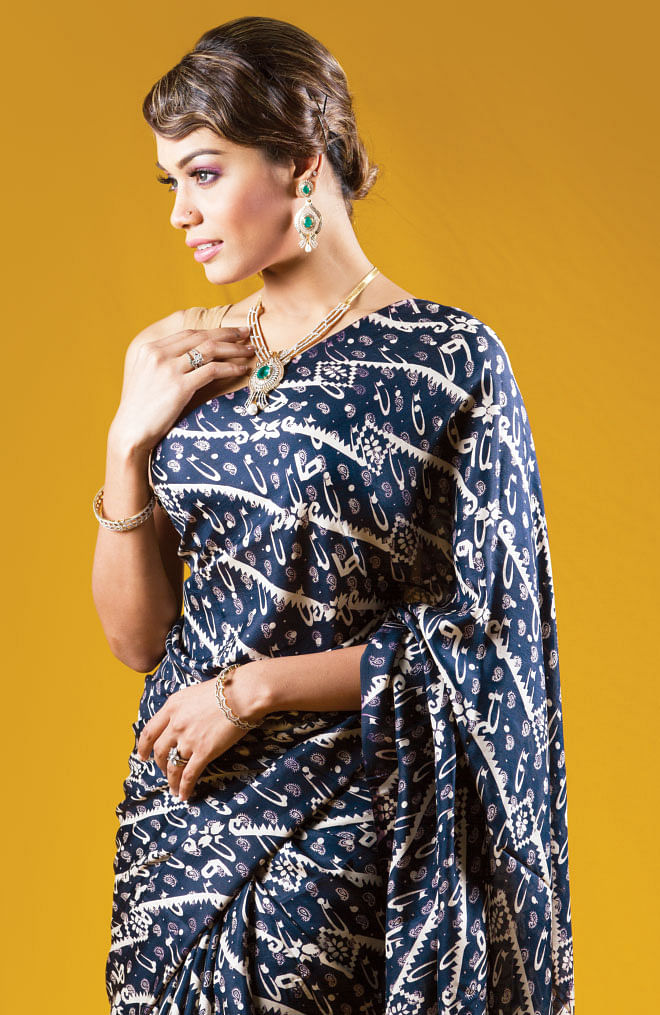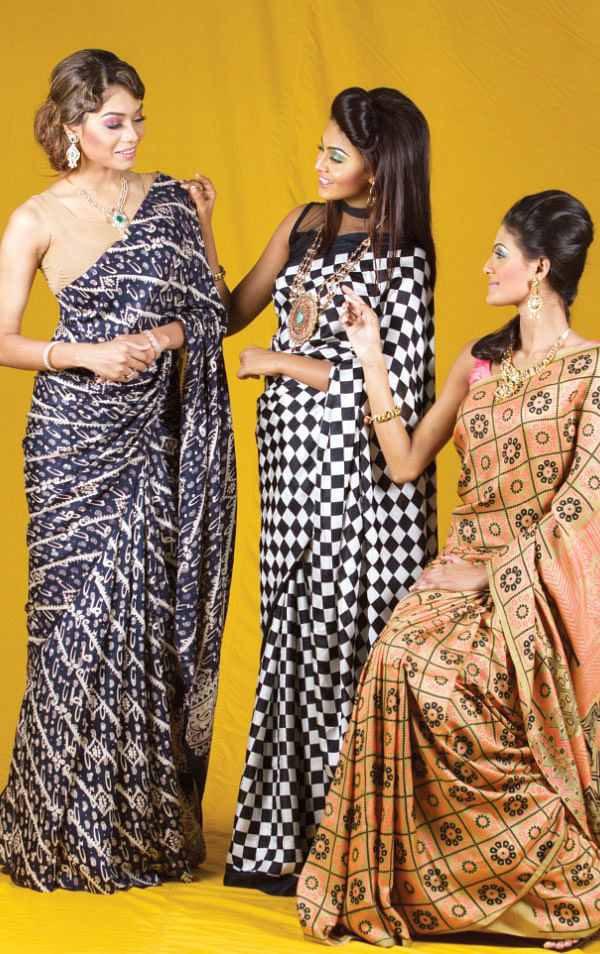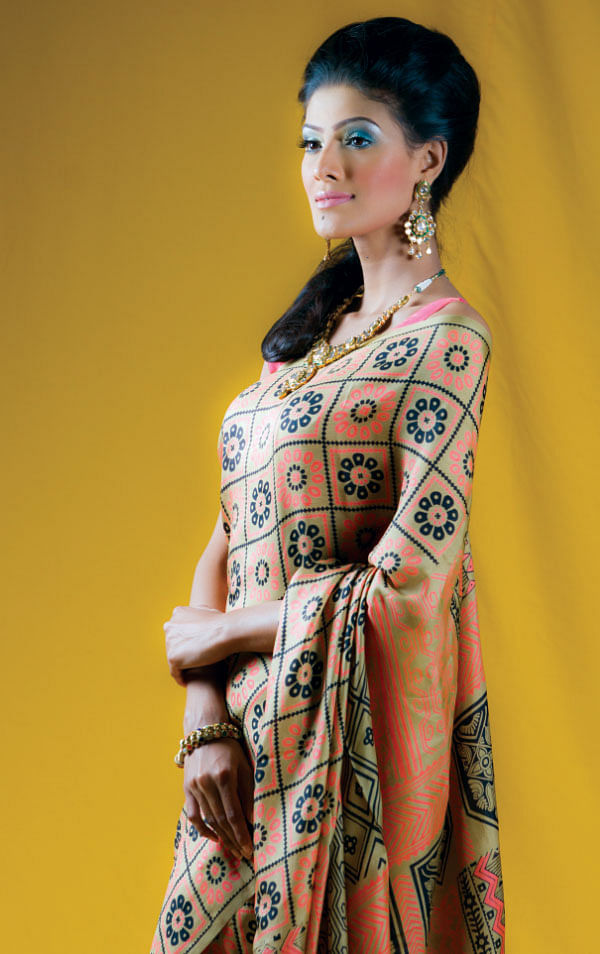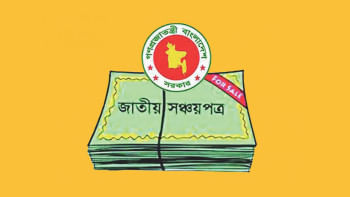The silk route
The term “silk” might be a misleading one to use, especially as a collective noun. The dictionary definition of silk is “a fine, strong, soft, lustrous fibre produced by silkworms in making cocoons and collected to make thread and fabric”. This fibre, however, has many forms, and while they are all called “silk”, they have very different features. Think of the lightweight Rajshahi silk on one hand, and the rich tones of stiff raw silk on the other.

One of the pioneers of local silk saris is Doyel Silk, which started in Rajshahi back in the 1980s. What garnered Doyel Silk popularity was their endeavour to produce affordable silk clothing options, in a time when silk items were beyond the reach of middle-income earners. Doyel Silk is well-known for their Rajshahi silk saris, designed with the trademark block prints, screen prints and/or hand painting. These saris are versatile enough to be worn with equal aplomb in the office or in formal events.
When one hears “silk”, Sopura Silk Mills Ltd. is a store that is quick to come to mind. Sopura specialises in fabrics for sale, to create your very own silk outfits. With a large array of different types of silks such as crepe, 'endi', dhupian and 'bolaka' in a plethora of colours, Sopura Silk present an opportunity to unleash your creativity. Besides this, there is a collection of Rajshahi silk, 'endi' silk and 'motka' silk saris, among others. Sopura also has an abundant collection of silk scarves to accessorise your outfit.
Another popular new venture is BRAC Silk, a social enterprise of BRAC. Saris, stand-alone scarves and unstitched shalwar kameez three-piece sets are available for sale. While Sopura caters towards dressier occasions, BRAC Silk focuses more on regular wear, although some might argue that the prices are quite high.
The unstitched three-piece sets come in bright, jewel tones in 'endi' and raw silk. The saris are more versatile in their fabrics. There are some specialty traditional silks in unique, modern designs. The saris and fabrics are displayed in BRAC Kanon opposite the Aarong in Tejgaon.
Rajshahi produces almost the entire silk output of Bangladesh. Although privately-run silk producers are doing well and have preserved many jobs in the country, the lack of government support might soon lead to the dwindling of the craft of silk in Bangladesh. Closed state-owned silk factories need to be revitalised to preserve the country's silk heritage, and investment in research and development is required to explore the dimensions of sericulture in Bangladesh.
While we are quick to absorb international fads into our lives, sometimes we forget about the treasures we possess here at home.
We urge producers to continue preserving the silk legacy, designers to add new dimensions to silk in their clothes, and consumers to be conscious of the importance of supporting local industry.


Photo: Sazzad Ibne Sayed
Model: Riba, Isha, Meghla
Wardrobe: Doyel Silk
Make-up and Hairstyling: Farzana Shakil
Styling: Azra Mahmood
Jewellery: Gitanjali Lifestyle

 For all latest news, follow The Daily Star's Google News channel.
For all latest news, follow The Daily Star's Google News channel. 



Comments